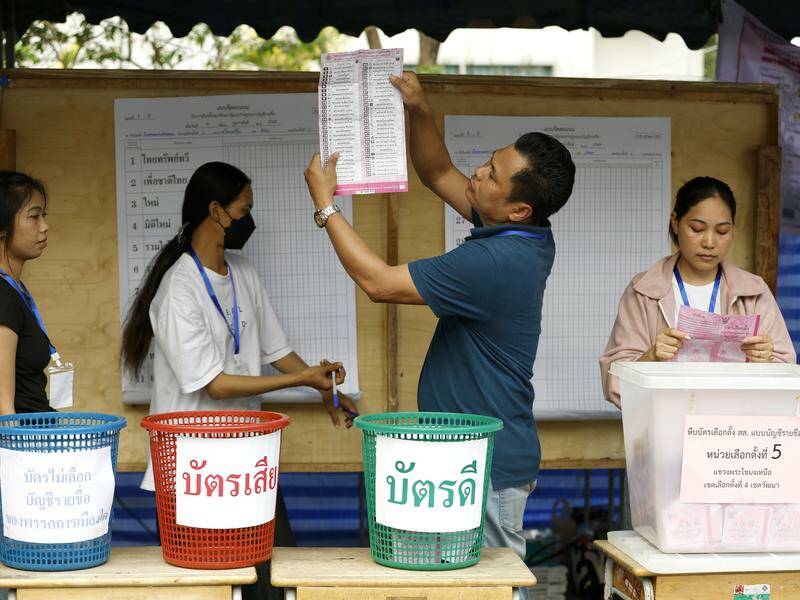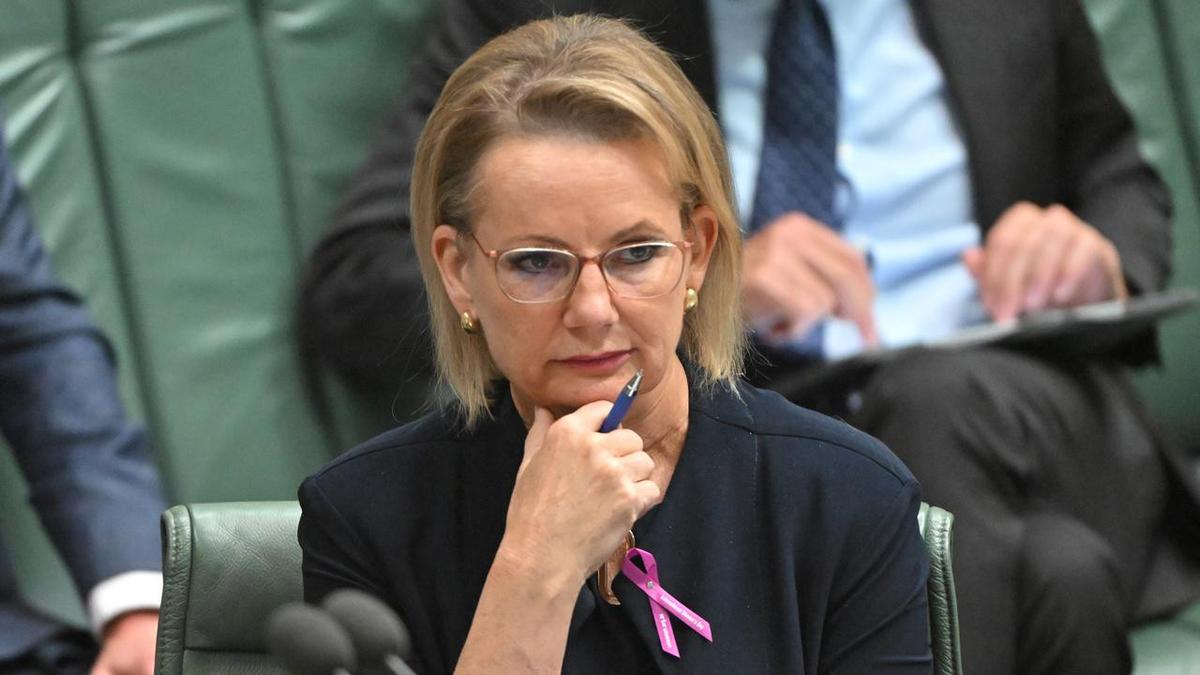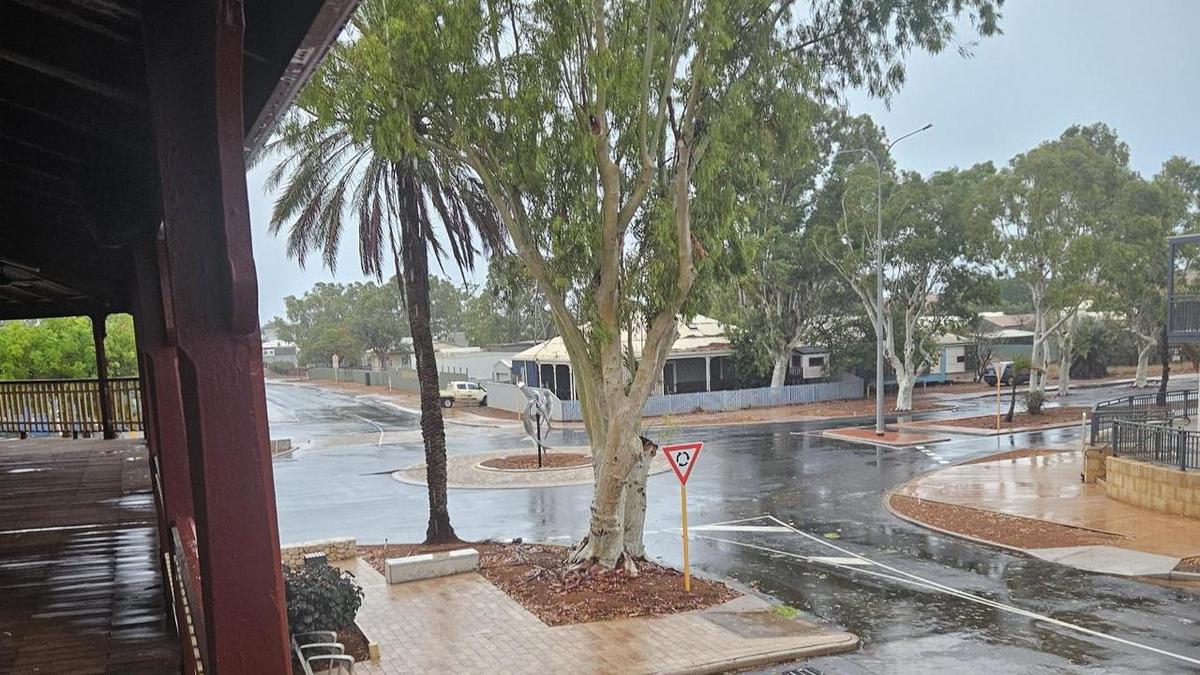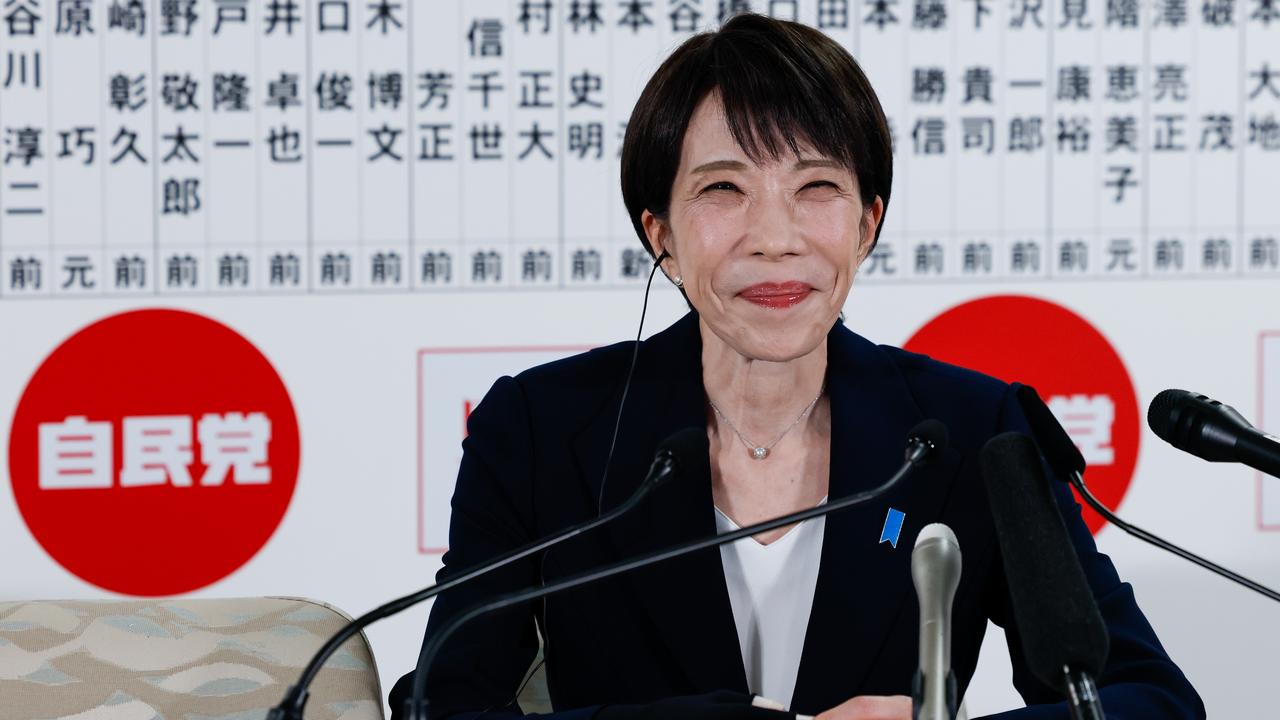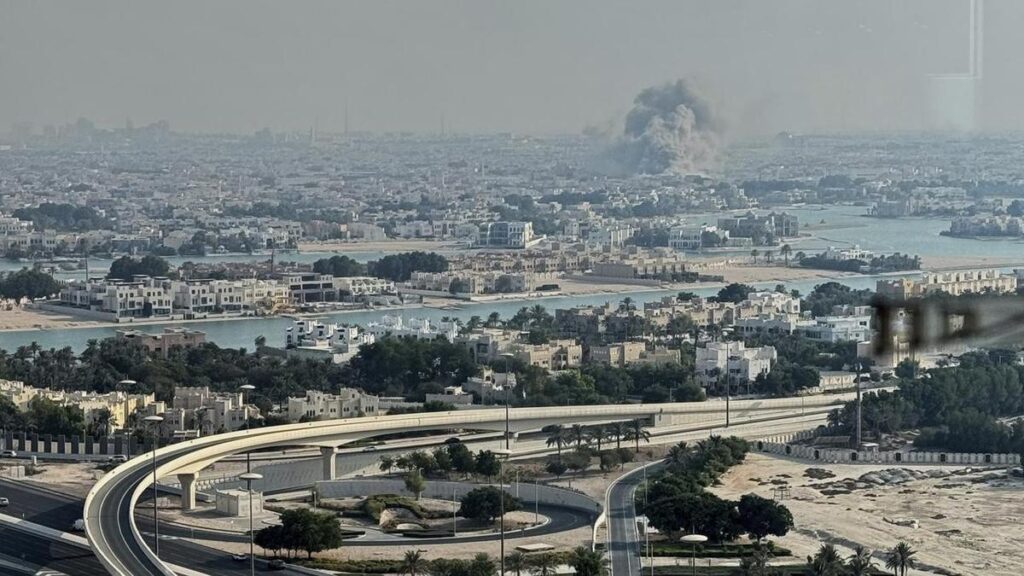
UPDATE: Israeli Prime Minister Benjamin Netanyahu has just announced that Israel will continue to target Hamas leaders “wherever they are” following a significant military strike in Qatar. This escalation comes amidst a summit of Arab and Islamic leaders convened to support the Gulf state after the recent attack, which has raised tensions across the region.
In a striking turn of events, Netanyahu’s remarks follow an Israeli strike on September 9 that reportedly killed five Hamas members, including a son of the group’s exiled Gaza chief, in Doha. The assault marks a critical turning point in Israel’s military approach, especially after the deadly Hamas-led attacks on October 7, 2023, that ignited the ongoing Gaza war.
As leaders from across the Arab world gathered in Qatar, U.S. Secretary of State Marco Rubio met with Netanyahu and reinforced Washington’s backing for Israel’s hardline stance. Despite expressing unease over the Qatar strike, Rubio emphasized that the resolution to the Gaza conflict hinges on Hamas freeing hostages and surrendering. “We must prepare for the possibility that a diplomatic end may not happen,” he stated, underscoring the urgency of the situation.
President Donald Trump weighed in, cautioning Israel to remain “very, very careful,” acknowledging Qatar’s longstanding alliance with the U.S. The Israeli attack has drawn severe criticism, with Qatari Emir Sheikh Tamim bin Hamad Al-Thani labeling it a “cowardly and treacherous” act, noting it occurred while Hamas leaders were reviewing a U.S. ceasefire proposal.
The emergency summit included representatives from key nations like Iran, Turkey, and Saudi Arabia, all expressing solidarity with Qatar. While details of potential measures remain unclear, a statement drafted at the summit condemns the Israeli attack as a threat to regional coexistence and normalization efforts.
Iranian President Masoud Pezeshkian warned that “no Arab or Islamic country is safe from the attacks of the Zionist regime,” calling for unity among states facing Israeli aggression. Egyptian President Abdel Fattah al-Sisi, a U.S. ally, cautioned that Israel’s actions hinder any chances for future peace agreements.
As Rubio prepares to visit Qatar, he urged the nation to leverage its influence to release the remaining 48 hostages held in Gaza and to encourage Hamas disarmament. However, his comments alongside Netanyahu indicate that the U.S. is increasingly backing an aggressive military campaign to dismantle Hamas permanently.
Rubio described Hamas as “savage terrorists” and stressed that the group must be rendered incapable of threatening regional peace. Netanyahu did not rule out possible annexation of the Israeli-occupied West Bank, especially in light of anticipated moves by countries like France and Britain to recognize a Palestinian state at the upcoming UN General Assembly.
With tensions rising and the situation developing rapidly, all eyes are on how these geopolitical dynamics will unfold. As Israel prepares for further military action and Arab leaders consolidate their positions, the region stands on the brink of potential escalation.

